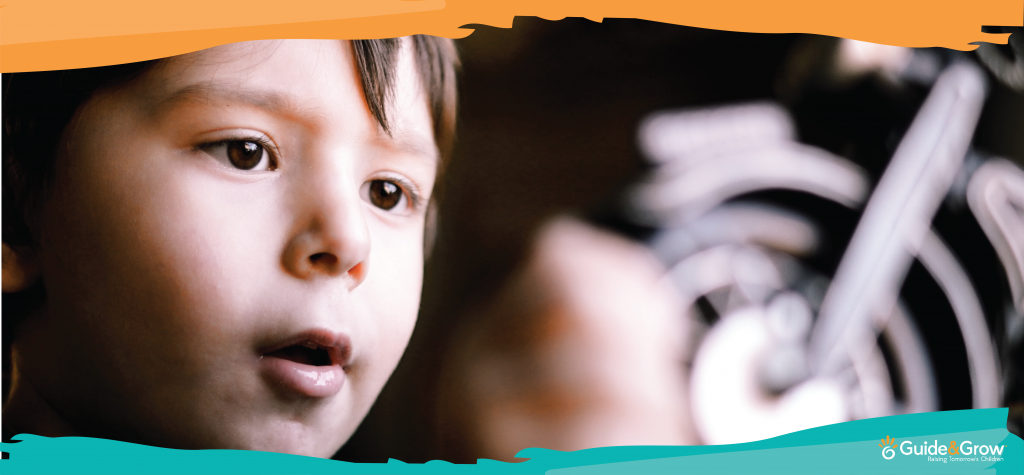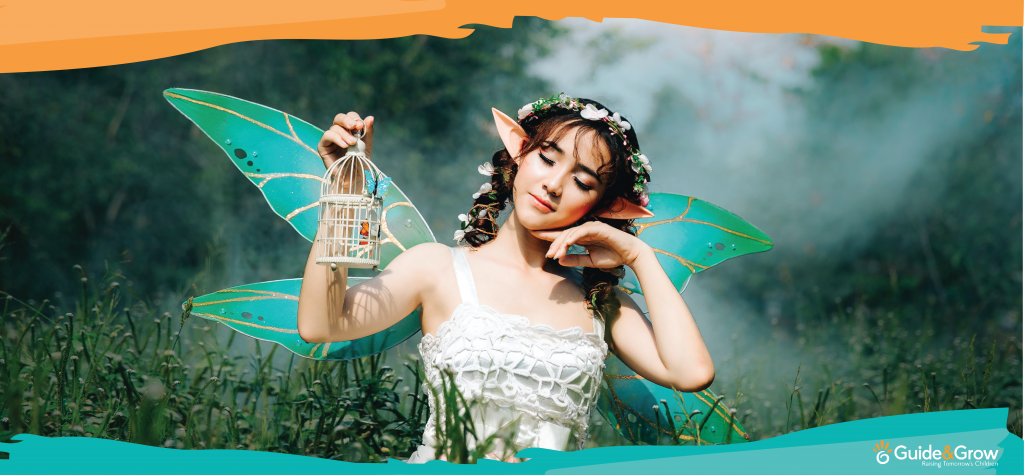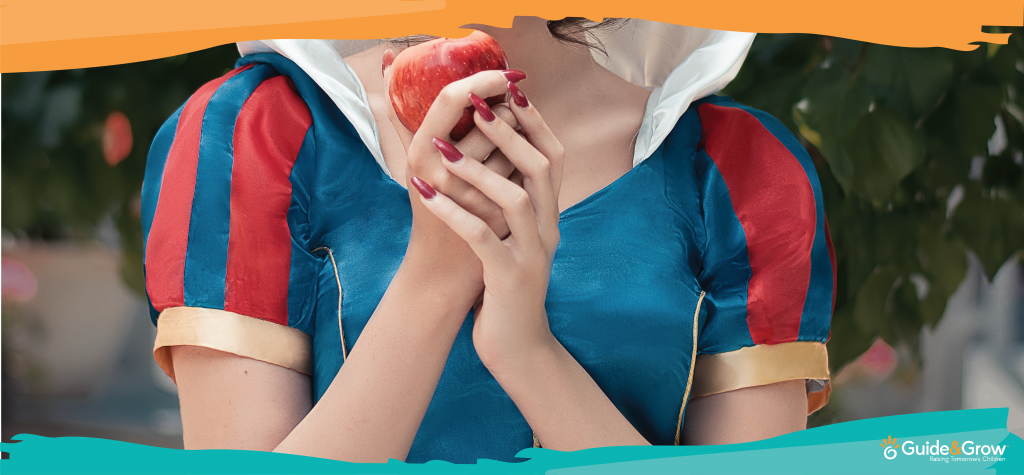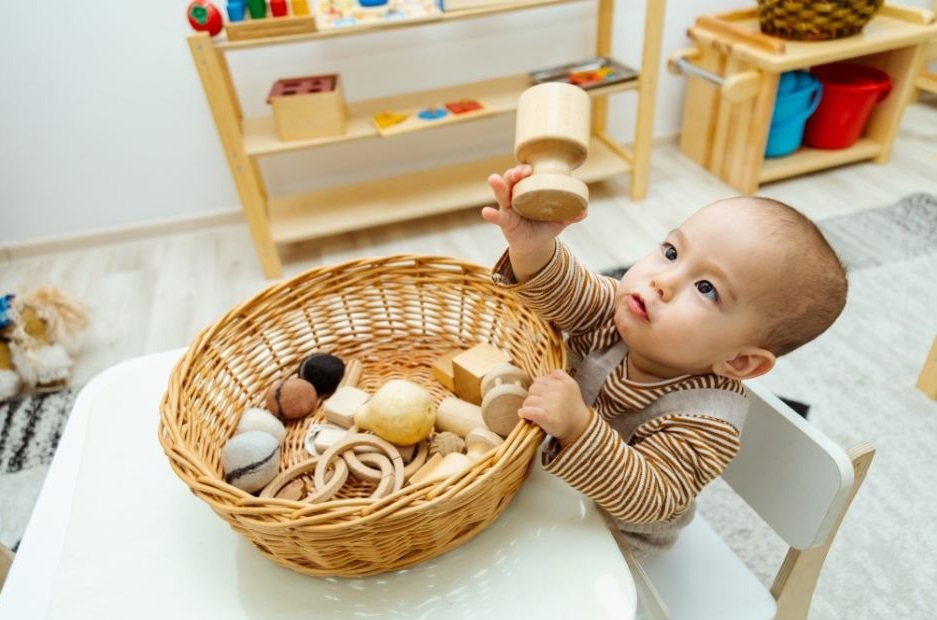Okay this is one of those topics that get out of hand pretty quickly and I feel like there is a deep misunderstanding between fantasy and imagination. So in short Montessori ENCOURAGES imagination however it discourages fantasy in the first years of life. So what does this mean for Santa, the tooth fairy or Easter bunny from a Montessori perspective? Let me explain deeper.
Disclaimer: Each family does what they feel is best for their family, and what they want to. Doesn’t make you less Montessori than anyone else, this is purely for educational purposes and ironing out any misunderstandings.
What is Fantasy?
The faculty or activity of imagining impossible or improbable things. So in basic terms fantasy is all of the made-up creatures, mythical creatures, monsters, fairies, the unseen and non-physical or improbable things.
What is Imagination?
The faculty or action of forming new ideas, or images or concepts of external objects not present to the senses. These can be based on real-life experiences, creativity, role-playing, pretend play (using items like blocks as hairbrushes etc).
“Imagination is inherent in the human mind. It is where our creativity stems from and is one of the ways we are able to understand the world around us.” – Maria Montessori

Why does Montessori discourage fantasy in the first plane (0-6yrs)?
Children are building their concept and understanding of the world around them and don’t have the ability to distinguish what is real or not real.
They have an absorbent mind and want to take in as much as possible from the real world around them.
They are not yet capable of abstract thought, which fantasy is based upon
So, if they see a purple flying elephant then they will believe this to be reality. There is nothing wrong with fantasy and having an imagination but if the child can’t distinguish the difference between reality and fantasy (which developmentally they don’t have the ability to in the younger age group) it extremely affects his imagination.
Montessori ENCOURAGES imagination:
In the first few years of life, everything a child encounters is awe-inspiring and fills them with wonder, so we need not introduce these fantasy stories to provide inspiration.
To help encourage and build children’s imagination you need to present reality as it is, to give them a solid foundation so they build on that understanding and are able to then explore their imagination. Young children using their imagination looks like role-playing for example pretending to be at the shops, hairdressers, cooking something using found items etc these are all based on real-life experiences and it starts developing in children around 2-3 years give or take. This quote by Maria Montessori sums it up:

Explore the fundamentals of Montessori parenting with this free video by Sylvia Arotin, offering insights and strategies to empower and educate your child.
So, where does Montessori sit with Santa, the tooth fairy and Easter bunny?
In the early 1900’s when Maria Montessori lived, adults often created stories to explain things to children or control unwanted behaviour.
She discouraged fantasy as a way to coerce behaviour, i.e. being good so Santa will bring you a gift, scary nursery rhymes to teach morals, etc.
Some children feel a sense of distrust when they find out Santa Claus, the Easter bunny, and the tooth fairy are not real, so make sure you are aware of this and see how your child responds to these
You can still encourage a child’s imagination with characters such as Santa Claus, the Easter bunny, or the tooth fairy as they are fun, but ensuring your children know they are not real
You can share the stories, participate in the traditions (tooth under pillow, gift-giving from Santa) with your child knowing it is you or teaching them about the real-life aspects of each holiday.

Every family should make the best decision for their family as to which aspects of traditions they wish to incorporate into their homes. There is no right or wrong answer as to how families choose to portray holidays and the characters tied to them to their child(ren). Hope this post has helped clear some understanding!
Sending you all peace, love and blessings.






